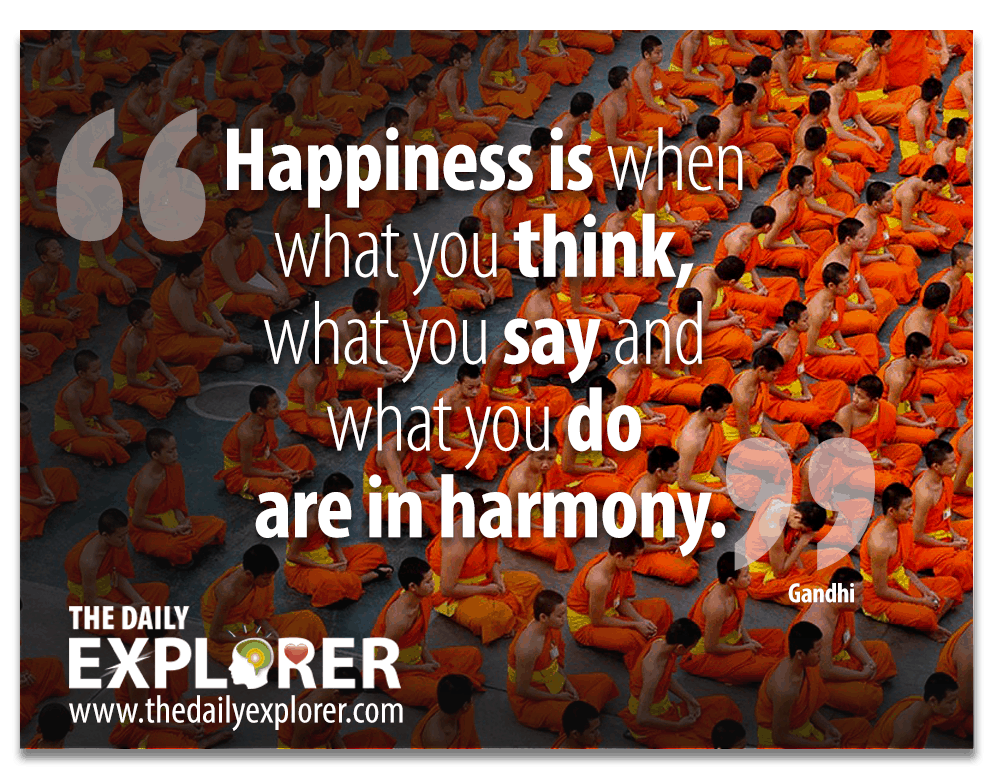A recent blog post by Michael Grothaus at Fast Company got me thinking. How often do we use words and phrases that actually make it more difficult for us to get what we want? And do we really understand what impact our choice of specific words has on other people? Constantly working with people to become more mindful, my search for more conscious and effective communication is an ongoing passion.
The article by Grothaus was referring to the latest book by Professor Bernard Roth, called “The Achievement Habit“. He explains that simply swapping some of the words and phrases we use everyday can make big changes in our lives. Here are four examples:
Use “and” instead of “but”
People say “I want this job, but I’m afraid of flying”. This rules them out of contention and limits them. The two things are not connected. Re-stating it as “I want this job and I’m afraid of flying” means you have greater freedom with both problems.
Use “want to” instead of “have to”
If you say “I have to pass this course in maths to progress”, you set maths up as a big problem and source of dread. Instead, you can say you want to take the course, because of where it will lead. This puts you in a position of taking personal responsibility and reflects the fact that you have chosen the path you are on.
Use “won’t” instead of “can’t”
If you say you can’t cook, you’re implying you’re incapable. You just won’t. “Can’t” implies helplessness whereas “won’t” implies volition and choice.
Use “I’d like to” instead of “I’m afraid to”
You’re afraid to ask your boss for a raise? That places greater emphasis on your fear of what might go wrong, rather than your desire for change. Embrace the latter, and take action to achieve your goals.
What all of these have in common is that they alter the energetic vibration that we generate when we are speaking – something which other people often pick up unconsciously or intuitively. When we listen to others, we tend to focus on the words. Yet we often remember only a small part of what was said and recall more about how we felt. Why is this?
Research shows that we get most of our information about the emotional intent behind people’s words from non-verbal sources. When the words being spoken don’t match the emotional intent, we tend to believe the non-verbal message. This is one of the key reasons why we include a module on vibrational communication in our nine week, online mindfulness programme. Consciously practicing with these subtle shifts in our language can yield significant results in a relatively short timeframe.
Why not experiment with it over the next few days? See what happens. You might notice a much bigger difference than you would have imagined.




Nice one Ray,
What about use Yes to whatever arises? 😉
Yes! Great suggestion